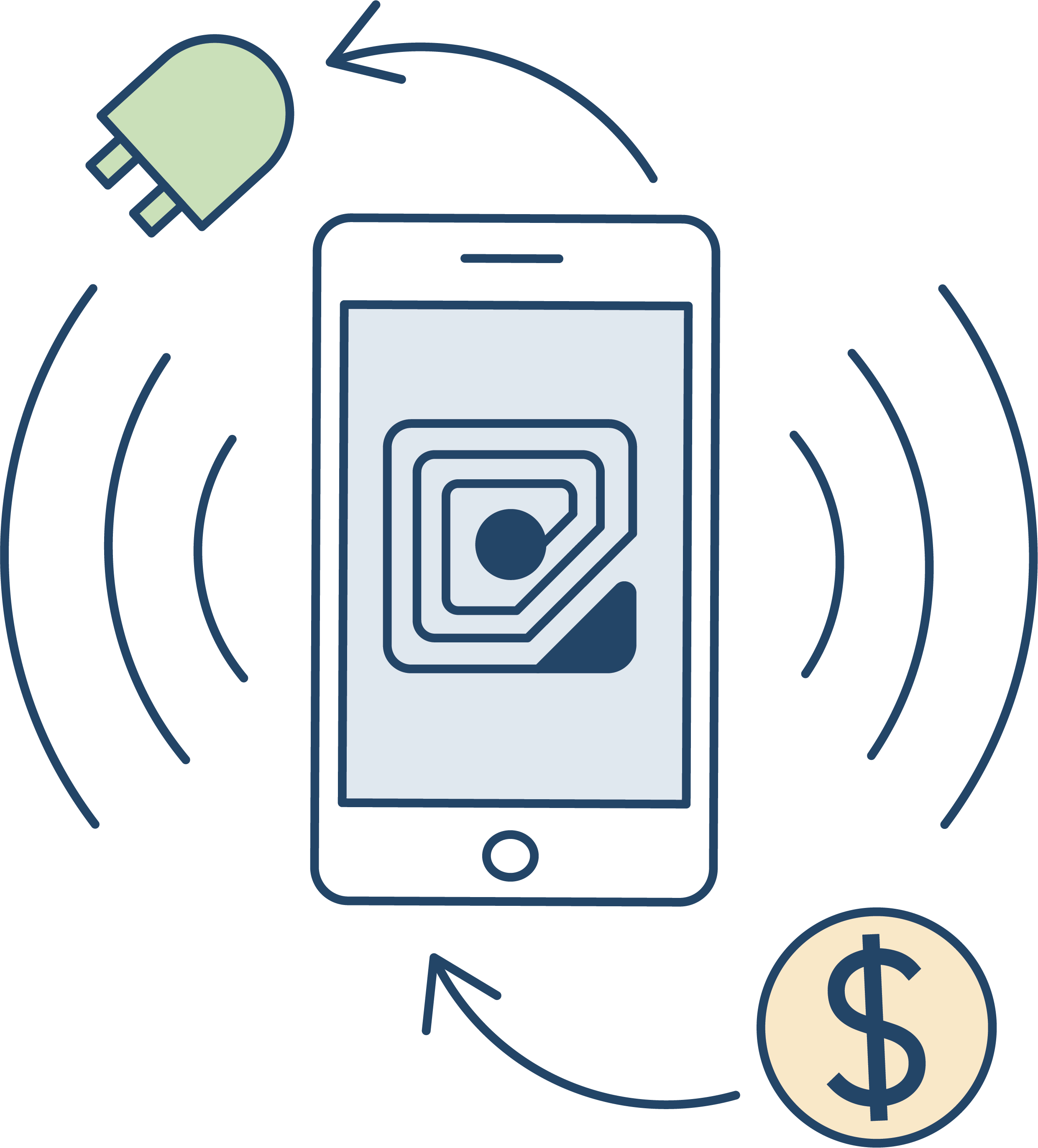About this Project
OpenPAYGO™ Pass is an innovative open-source tool designed to enhance the Paygo experience for end-users residing in areas with limited or no mobile money connectivity. Currently, users in such regions face a time-consuming and inconvenient process to activate their Paygo devices.
By introducing radio frequency identification (RFID) cards, OpenPAYGO™ Pass aims to streamline this process significantly. This tool allows end-users to make payments or repayments for Paygo products and services seamlessly at the last mile. The concept behind this exciting tool is to provide a hassle-free Paygo experience for individuals living in areas with low mobile money connectivity. Users will utilize RFID tags to tap their Paygo devices before making payments at a kiosk, tap again after payment, and tap once more at home to activate the device for continued access to energy and other services. In summary, OpenPAYGO™ Pass simplifies the user experience, offering a convenient solution for individuals in remote areas to enjoy Paygo services without the previous complexities.
How to Get Started
This project targets manufacturers and last-mile distributors who have PAYGO (Pay As You Go) as a feature on their product and are interested in adopting OpenPAYGO™ Pass to simplify their customer experience when making payments.
Learn more about how to get started.
Do you have feedback about the OpenPayGo Pass or need help in using it? The best way is to reach out to our community on Discord. If you need additional and more customized support, you can request technical assistance from our team.
Technical Details
The set up for the OpenPAYGO Pass can be done both on the device and the mobile application. Below are some of the technical details you should know.
On Paygo devices:
a. The device is equipped with an off-the-shelf RFID reader/writer module (e.g. RC522)
b. The device keeps track of some key metrics in a summarised way (using for example running stats) to ensure that the amount of data to be stored is constant and will always fit within the limited available space on the RFID tag (e.g. total power consumed, average battery soc, hours of use of loads, etc.).
c. The device reads the tag and decodes its payload using the OpenPAYGO™ Metrics format
d. The device then writes the summarised stats into the tag in the OpenPAYGO™ Metrics format and resets its running stats.
On the mobile app:
a. The app is open source, making it available for use and modification according to the distributor’s needs
b. When the tag is tapped on an app implementing the protocol, it reads the data in OpenPAYGO Metrics format.
c. It then sends that data to the backend server used by the app (e.g. PaygOps, Angaza, etc.) in OpenPAYGO Metrics format, performing (if needed) a conversion to JSON with an off-the-shelf library.
d. The server answers with any activation tokens available for the device and saves the activation tokens obtained from the Paygo server into the RFID tag in OpenPAYGO™ Metrics format.
Project Report
OpenPAYGO Pass enables a cost-effective system to extend the benefits of Paygo products and services in areas without mobile money by enabling a much simpler and less error-prone customer journey, as well as a great opportunity to unlock results-based financing (RBF) for customers.
OpenPAYGO Pass Webinar
This webinar will introduce the open source tool OpenPAYGO and how it is helping the solar industry move closer to achieving SDG goal 7 of providing widespread access to clean and affordable energy.
Watch the webinar on YouTube.
FAQ
Why is OpenPAYGO Pass necessary? What are the benefits of using OpenPAYGO Pass? The FAQs are starting to come in – check back for frequent updates!

